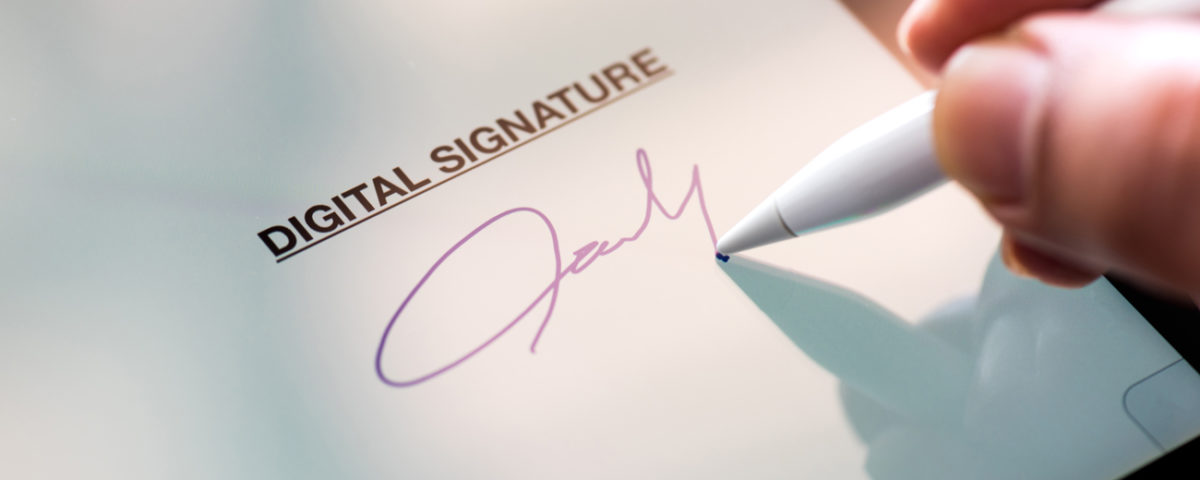
Understanding Warranty Information
October 8, 2018
How to Properly Load, Ship & Unload Toilets
October 15, 2018You may have noticed in the last few years that digital contracts are becoming more prevalent, perhaps even more so than paper ones. If you’re not sure whether you should start using them, have a read of our pros and cons below. Hopefully, we can help you decide!
Pros
- Easier to get information right
Digital contracts minimize the risk of people making mistakes or leaving sections blank. Because you can make the important sections of the contract mandatory to complete, the signee won’t be able to send it back to you until they’ve done it right. Also, you don’t have to worry about deciphering messy handwriting!
- Speed and ease of transfer
You won’t have to wait for a courier or the mailman to deliver your contract or deliver it by hand yourself. Within minutes, the recipient can have the contract and return it to you as simply as they got it.
- Storage
A huge plus of using digital contracts is the storage space and costs you save. Rather than filing everything away in a room, with safes and cabinets and someone to archive everything for you, you can save and retrieve everything online or from your office computer system.
- Easier to access on the move
Storing your contracts in the cloud means you can access them from anywhere – your phone, tablet, laptop, or office PC. This saves you from digging in crates and is also a giant bonus when you need to pull something up while on location.
Cons
- Reliant on service
One downside of using digital contracts is that you’re relying on access to the web or your computer system. If you’re on location, especially in rural areas, you may not be able to access your digital contract just when you need it most.
- Risk of a system crash
If your online storage system or your internal computer system crashes, you might lose data, including contracts.
- Some people might not like them
Some clients will prefer paper contracts. If paper is what they’re used to, they may be unwilling to use digital ones. Furthermore, it’s important to remember that some clients might not have a way of e-signing the contract if they don’t have the proper software on their device, or if they don’t know how to use them. The alternative – printing, signing, and scanning the contract and returning it by email – may seem like too much work for them.
Get the JohnTalk “ALL-ACCESS PASS” & become a member for FREE!
Benefits Include: Subscription to JohnTalk Digital & Print Newsletters • JohnTalk Vault In-Depth Content • Full Access to the JohnTalk Classifieds & Ask a PRO Forum
Solutions
Yes, there are cons to using digital contracts, but there are ways to get around these:
- Paper backups
When traveling, especially to rural areas, bring backup paper copies of the contract. This will save you if you lose service connection. It will also help you if clients are having trouble using a digital contract – just send them over a paper copy by fax, post, or hand delivery.
- Backup your data
If your contracts are stored in a cloud system, make sure you have them saved somewhere else, too, like the internal office system, a local drive, or an external hard drive. Many cloud systems will give you the option to backup somewhere else. Then, you won’t have to worry in the event of a system crash.
Our Verdict
For us, the pluses of using digital contracts outweigh the negatives. Moving to digital contracts can save you time, money, and access worries. Just make sure you’re backing everything up and that you use paper when it’s easier!
Looking to Take Your Portable Restroom Business to the NEXT LEVEL? Download our FREE Guide: “Your Guide to Operating A Portable Restroom Business.”
Thinking About GETTING INTO the Portable Restroom Industry? Download our FREE Guide: “Your Guide to Starting A Portable Restroom Business.”






